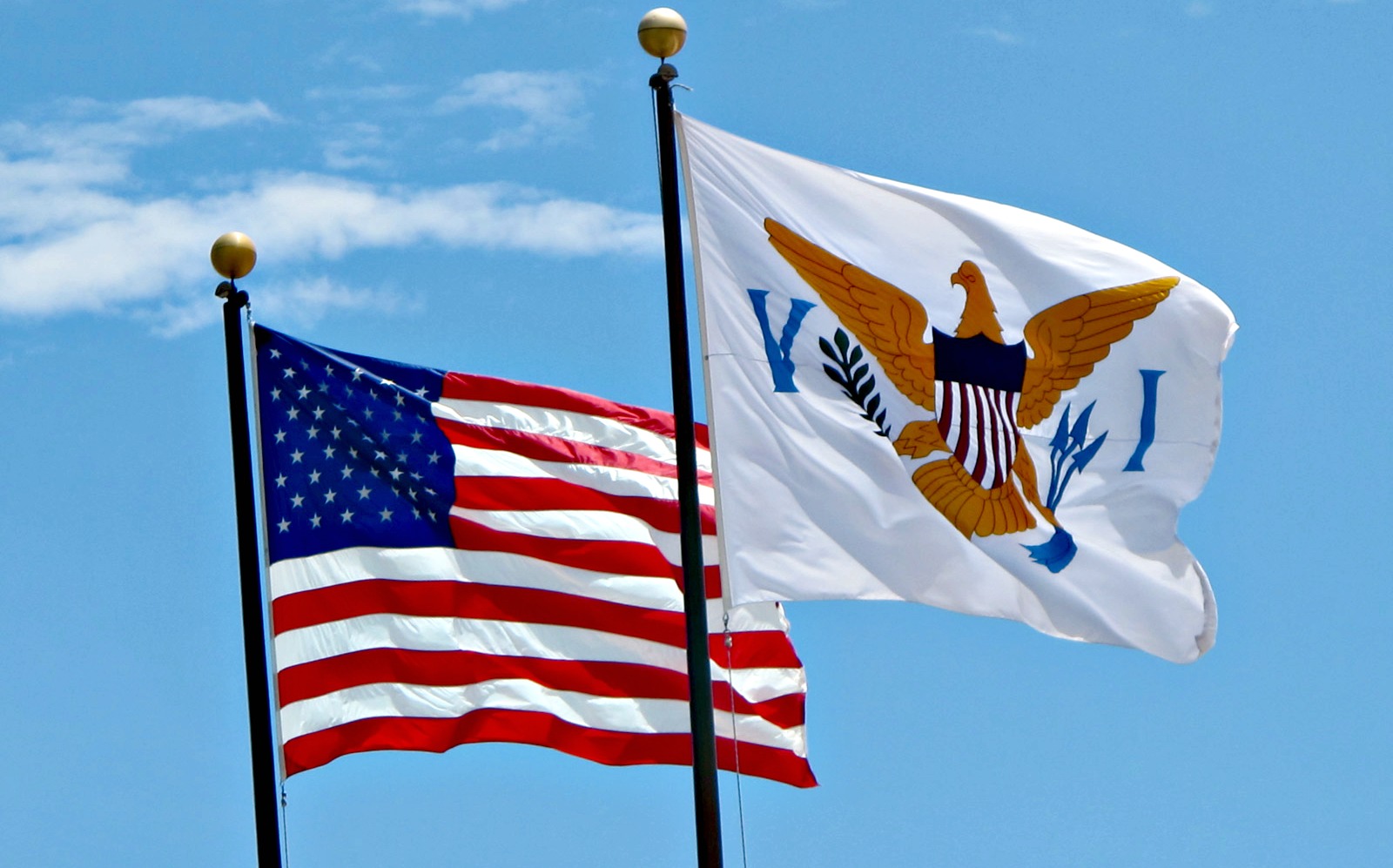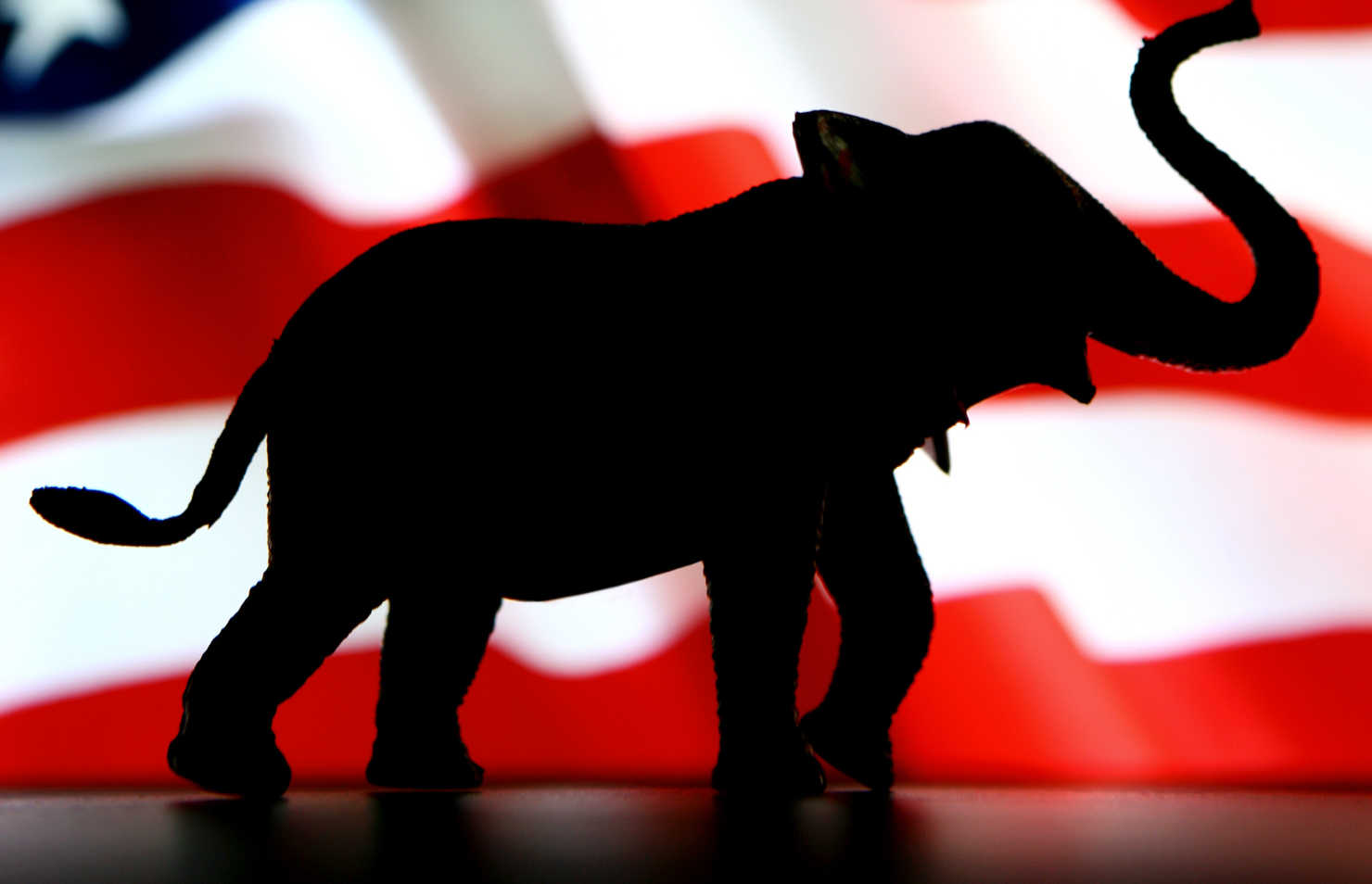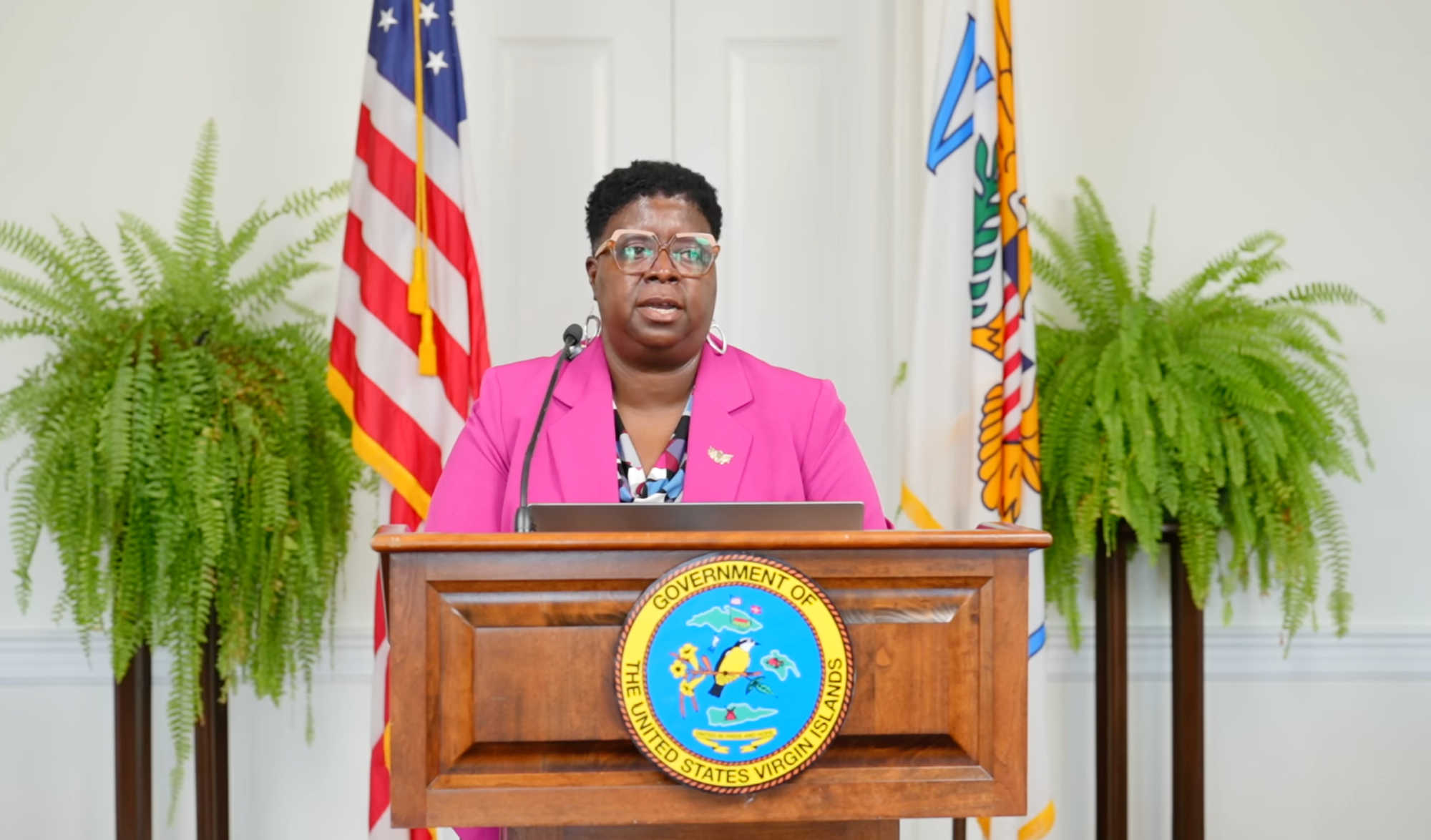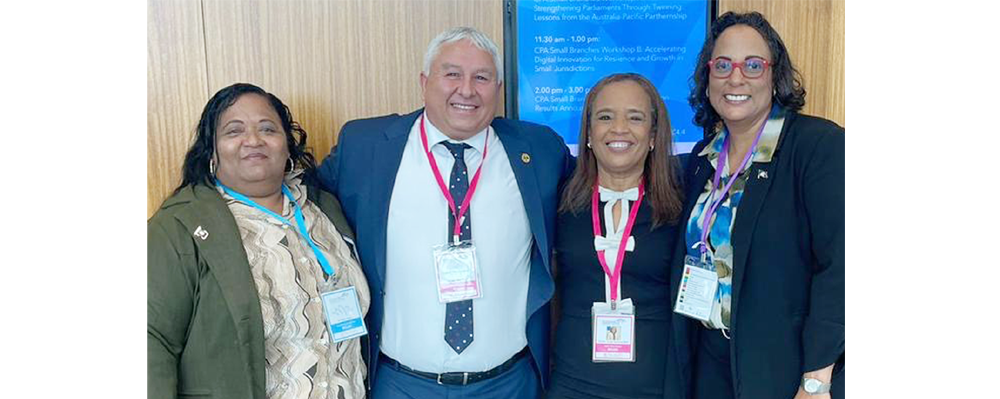Op-Ed: Charting a New Course for Our Future – Why the 6th Constitutional Convention Matters for the Virgin Islands
 22 October 2024
22 October 2024


The Virgin Islands is on the brink of a pivotal moment in its history. The 6th Constitutional Convention presents not just an opportunity to draft the first U.S Virgin Islands constitution but a chance to establish a clear and enduring path forward for our territory. As we embark on this process, we must prioritize what truly matters: constitution first, political status after. Our focus should be on building a strong, inclusive framework that ensures the future prosperity of the Virgin Islands for generations to come.
Why Constitution Before Status?
Over the years, the debate around political status—whether to remain a territory, pursue statehood, or seek independence—has been a recurring theme. However, past referendums have shown that the people’s desire for such change remains inconclusive. In the meantime, we cannot afford to stall progress on the foundation of our governance. By focusing first on creating a constitution, we can establish the rules that will guide us no matter which political status we ultimately choose.
The constitution should be a reflection of the will of the people and serve as the basis for self-determination. It is essential that we build this legal framework first, allowing future generations to make informed decisions about our political status when the time is right.
Why the 6th Constitutional Convention Will Be Different
This constitutional convention stands apart from those of the past. The 6th Constitutional Convention is equipped with new tools, new perspectives, and a renewed sense of purpose:
New Talent: The inclusion of younger and more diverse voices will inject new energy into the process, breaking the gridlock of previous conventions.
Smaller Delegation: A more focused group of delegates will enable quicker consensus-building and more efficient decision-making.
Technology: We now have the ability to engage the public through modern digital platforms like Facebook, YouTube, Instagram, and TikTok, something that was not available in previous conventions. This will allow for real-time updates and ensure that every Virgin Islander has a chance to participate, whether they are on-island or part of our diaspora.
Base Document: We are not starting from scratch. By building on the foundation laid by previous conventions, we can avoid repeating past mistakes and create a constitution that reflects the needs and desires of today’s Virgin Islands community.
A Clear Path Forward: Key Dates in the Constitutional Process
The 6th Constitutional Convention is following a structured timeline that ensures transparency and accountability at every stage. Key dates include:
November 5, 2024: Election of delegates during the general election.
January 27, 2025: The convention officially convenes, with delegates coming together to begin drafting the new constitution.
October 31, 2025: Deadline for submitting the final constitutional proposal for public review.
November 4, 2026: Public referendum on the proposed constitution.
March 31, 2027: If ratified by voters and approved by Congress, the new constitution will be implemented as the Supreme Law of the Virgin Islands.
This timeline gives us ample opportunity to draft, revise, and finalize a document that reflects the voices of all Virgin Islanders.
Transparency Through Technology
Unlike previous conventions, the 6th Constitutional Convention will benefit from technology to make the process more transparent and accessible. Digital platforms will allow the public to watch live sessions, review drafts in real time, and offer feedback. This ensures that the drafting of the constitution will not happen behind closed doors but will instead be a collaborative process open to all Virgin Islanders.
Moreover, this technology allows Virgin Islanders abroad to participate, offering them the chance to contribute to the process, even from thousands of miles away. The future of our territory depends on the engagement of all its people, no matter where they reside.
A Constitution for Progress and Protection
The new constitution must be a document that not only serves us today but also protects the future. It must champion democracy, uphold human rights, and protect the environment—ensuring that our natural beauty is preserved for generations to come.
This is an opportunity for the Virgin Islands to lead by example. By prioritizing sustainable growth and environmental stewardship, we can set a standard for the Caribbean and beyond. Our constitution must balance economic progress with the preservation of our unique cultural and natural resources, securing a brighter future for all.
The Revised Organic Act: Building on a Strong Foundation
The Revised Organic Act of 1954 has served as the governing framework for the Virgin Islands for many years, but it is not a permanent solution. Certain aspects of the Act, such as the bill of rights, are still valuable today and should be retained. However, other elements need to evolve to better reflect the needs of modern Virgin Islanders. By keeping what works and improving what doesn’t, we can craft a constitution that is truly our own while drawing from the strengths of past frameworks.
The Start of a Virgin Islands Renaissance
This constitutional convention represents more than just the drafting of a legal document—it represents the beginning of a Virgin Islands renaissance. We have the chance to craft a constitution that reflects our values, protects our future, and ushers in a new era of progress and innovation.
This is our moment to chart a new course for our future, one that is led by the people and for the people. Let’s seize this opportunity to make history together and build a Virgin Islands that is stronger, more united, and ready for the future.
Submitted on Tuesday, Oct. 22, 2024 by Rudel A. Hodge, Jr., a lawyer and small business owner running as a Delegate for the 6th Constitutional Convention of the U.S. Virgin Islands.
Related News

V.I. District Court Rules in Favor of Republican Party, Strikes Down Several Elections Law...

St. John Multipurpose Center Reopens, Bringing Essential DHS Services to the Community

BBC historian to kick off Lit Fest today
